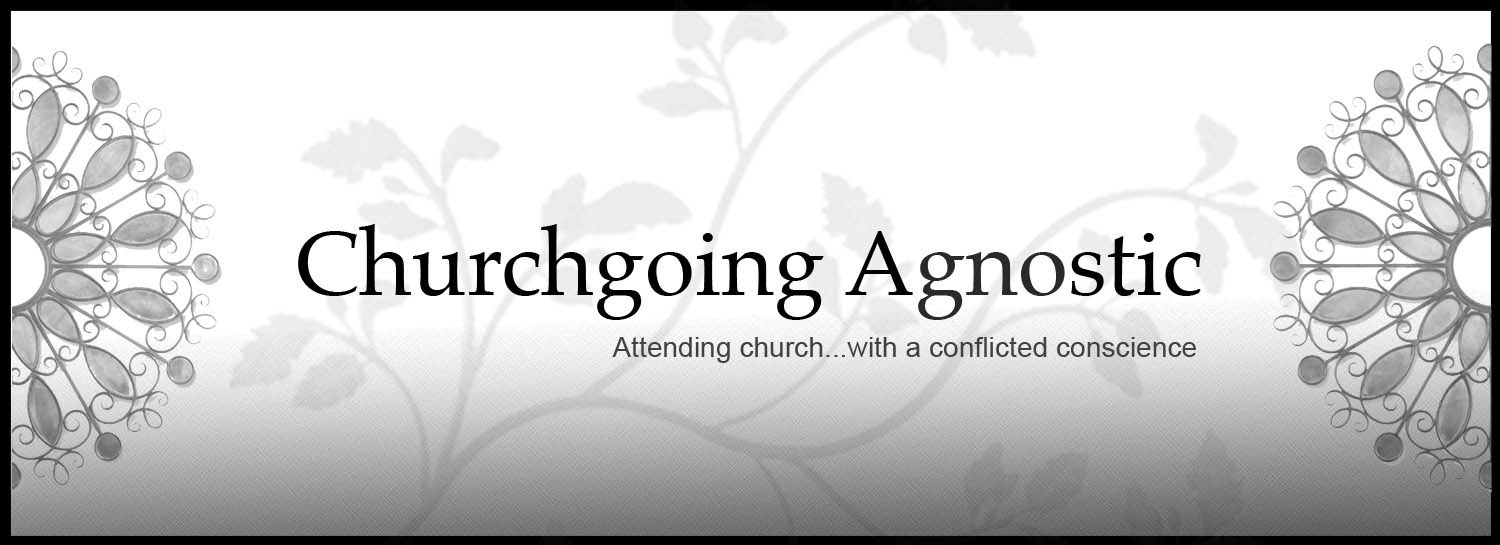Last July, I was in Chicago on vacation with my wife. We were window shopping while walking south on Michigan Ave on a intensely hot Saturday afternoon when it happened. On the street corner before us stood a tall, middle-aged Caucasian gentleman dressed in sunglasses and armed with a smile.
Without saying a word and handed me a little blue-colored pamphlet. Before I could take my next step, I read the cover of the pamphlet. It read, “If you died today, are you sure you would go to heaven?” I’m sure there are many who would find this question helpful, but I was offended. Interestingly, the words of this classic, evangelical ice-breaker never bothered me until now. I used to believe that this was a question worth asking people, but now I find it to be an inquiry that is filled with harmful assumptions and dangerous implications.
Many Christians believe this is “the ultimate question” which leads to “the ultimate answer.” Personally, I don’t think that its answer is any of our business, nor do I think that anyone honestly knows what happens to us when breath ultimately leaves our bodies. I handed the pamphlet back to the man while offering him the softest and most polite "No, thank you” I could muster. He looked at me with silent shock as I crossed the street. It was at this moment that I realized that a monumental change had occurred within me.
I knew that I was no longer convinced by the truth claims of traditional Christianity. I knew that I was committed to finding a new way of understanding the life and way of this mysterious figure known as Jesus of Nazareth. A way that makes sense in this post-modern era marked with scientific discoveries and religious pluralism. A way that makes sense in light of the human tendency toward subjectivity, rationalization and self-delusion. A way that makes sense in the wake of forgotten myths and the ruins of the ancient civilizations that believed them to be absolutely true. A way that makes sense in the aftermath of natural disasters. A way that makes sense amidst the endless suffering of innocent people and the ceaseless acts of inhumanity. A way that makes sense to people waiting in expectant hope and crying for delayed justice. A way that makes sense in light of unanswered prayers. A way that makes sense in the shadow of a silent God.
Monday, September 24, 2007
Subscribe to:
Post Comments (Atom)



Yes, this is the new rite of passage. Many think something has died, but in truth I think you are exploring new and exciting realms of theology.
ReplyDeleteBut it is a hard transition. I have had the exact same experience. Even wrote a fiction story that had this scene in it.